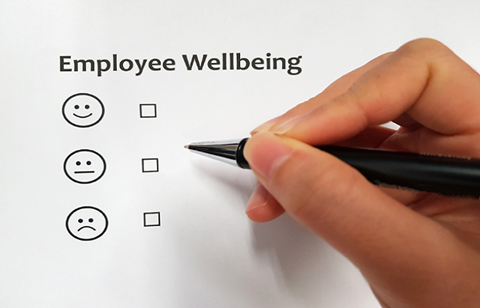
New research has revealed that 59% of employers found that the change in working patterns to a remote or hybrid approach has affected the way they support the health and wellbeing of their staff.
The survey results from Group Risk Development (Grid), the industry body for the group risk protection sector, were compiled from the responses of 501 HR decision-makers and 1,212 employees at UK businesses.
Of those employers that answered that working patterns had affected the way they support the health and wellbeing of staff, 49% said they have made it easier for staff to access support and benefits remotely via apps and online.
Four in 10 (43%) have introduced benefits to help employees’ mental and physical health while working remotely or in a hybrid approach, and 38% have increased support that can be accessed remotely, such as virtual GPs and physiotherapy.
Katharine Moxham, spokesperson for Grid, commented that employee benefits providers and, in particular, those that offer health and wellbeing support, were swift to respond to the challenges presented by the Covid-19 (Coronavirus) pandemic.
She explained that employers may be under the illusion that they offer innovative wellbeing support, but they might be surprised just how much things have moved on if they have not reviewed it for a number of years.
“We are now in a situation where many employee benefits, including embedded support within employer-sponsored life assurance, income protection and critical illness, have improved in two distinct ways. The method of delivery has been expanded to include additional digital channels to meet the support requirements of employees, no matter where or when they need it.
“The type of support has also broadened, for instance through the likes of online physiotherapy, nutrition and fitness advice, meditation and mindfulness apps, computerised cognitive behavioural therapy, and access to virtual GPs and nurse practitioners,” Moxham said.
















